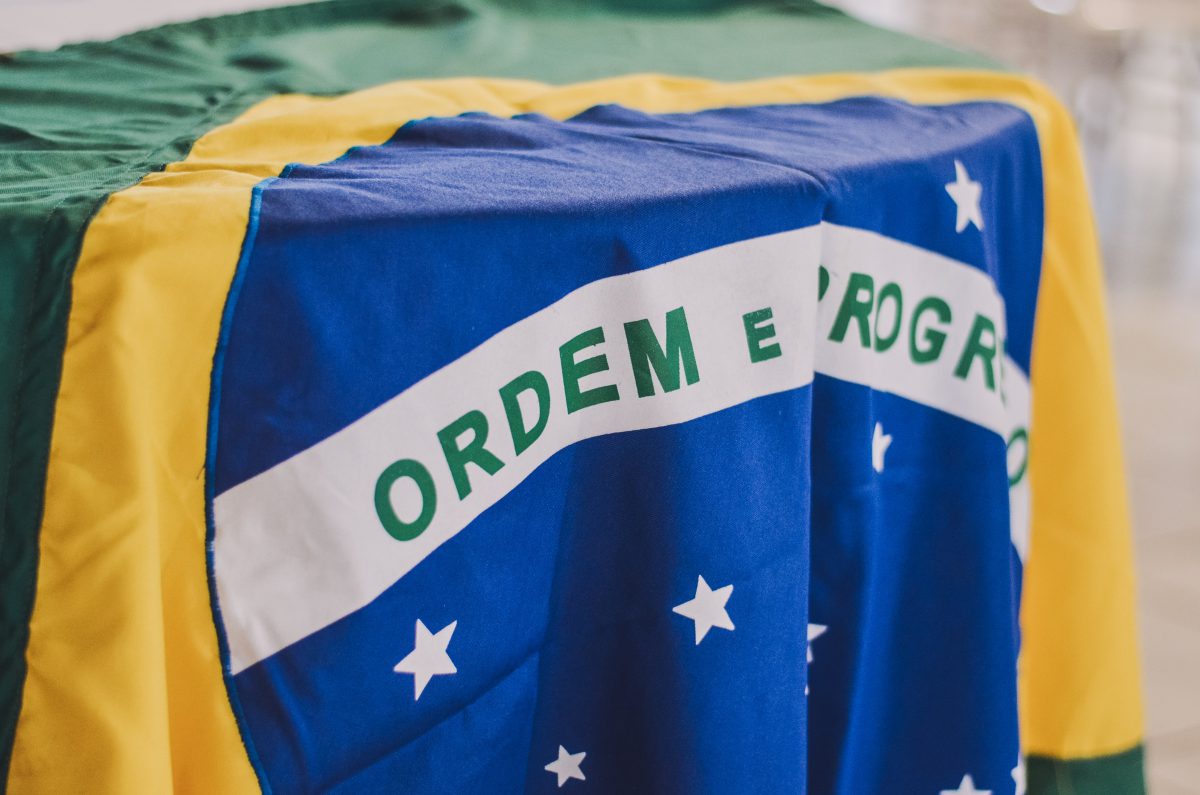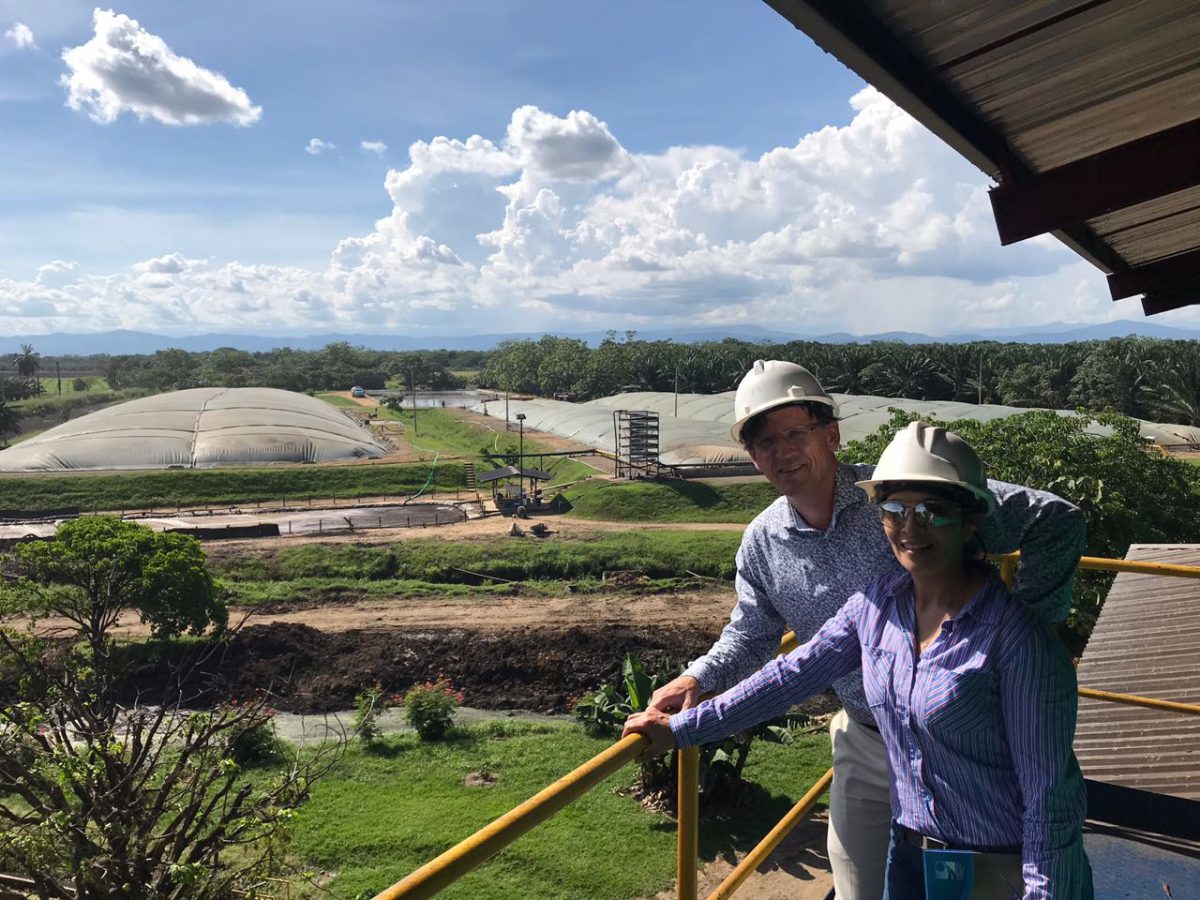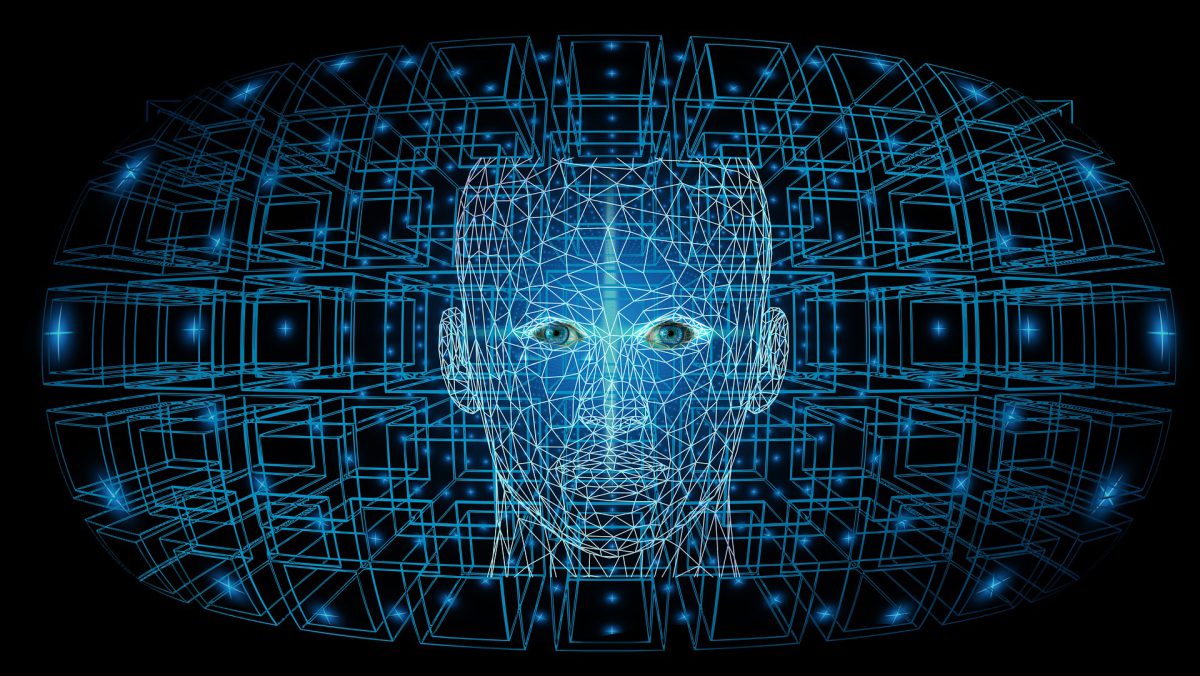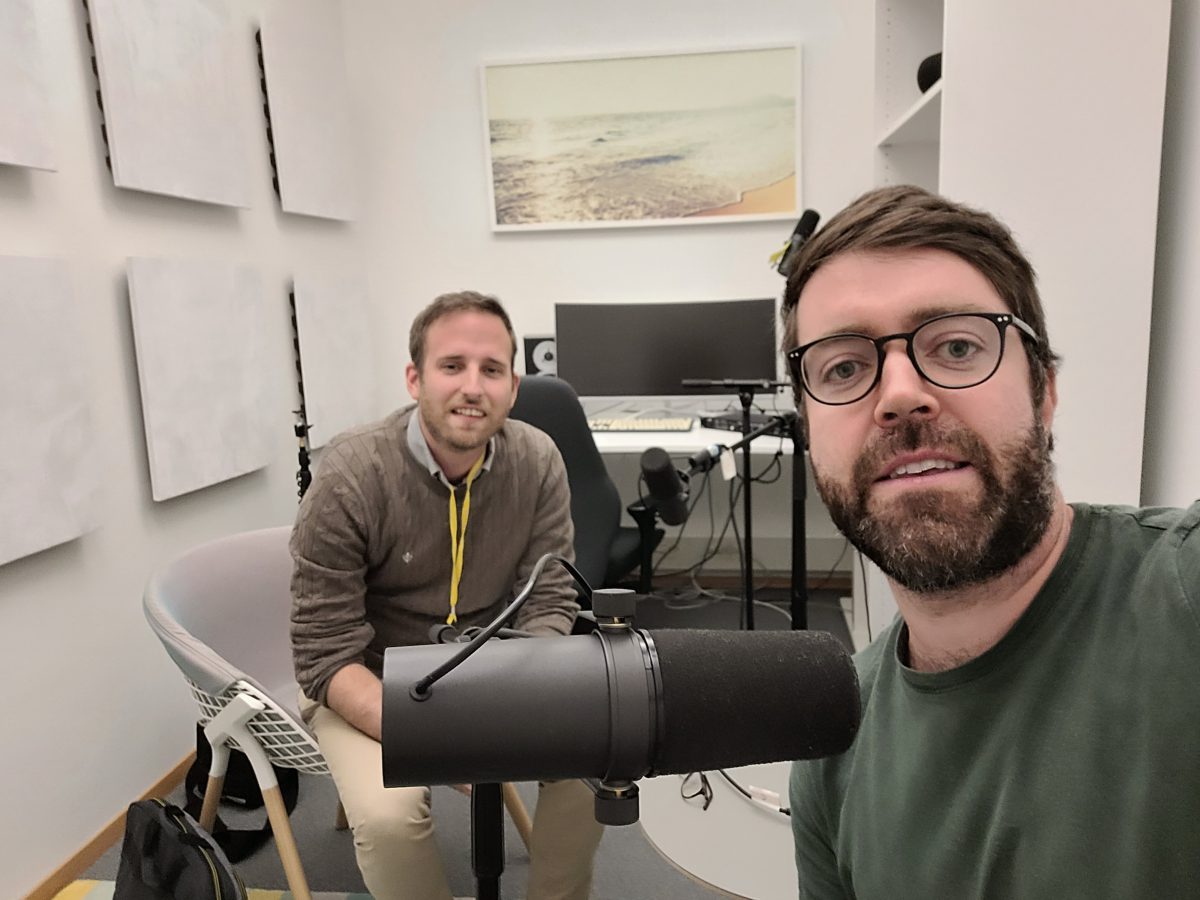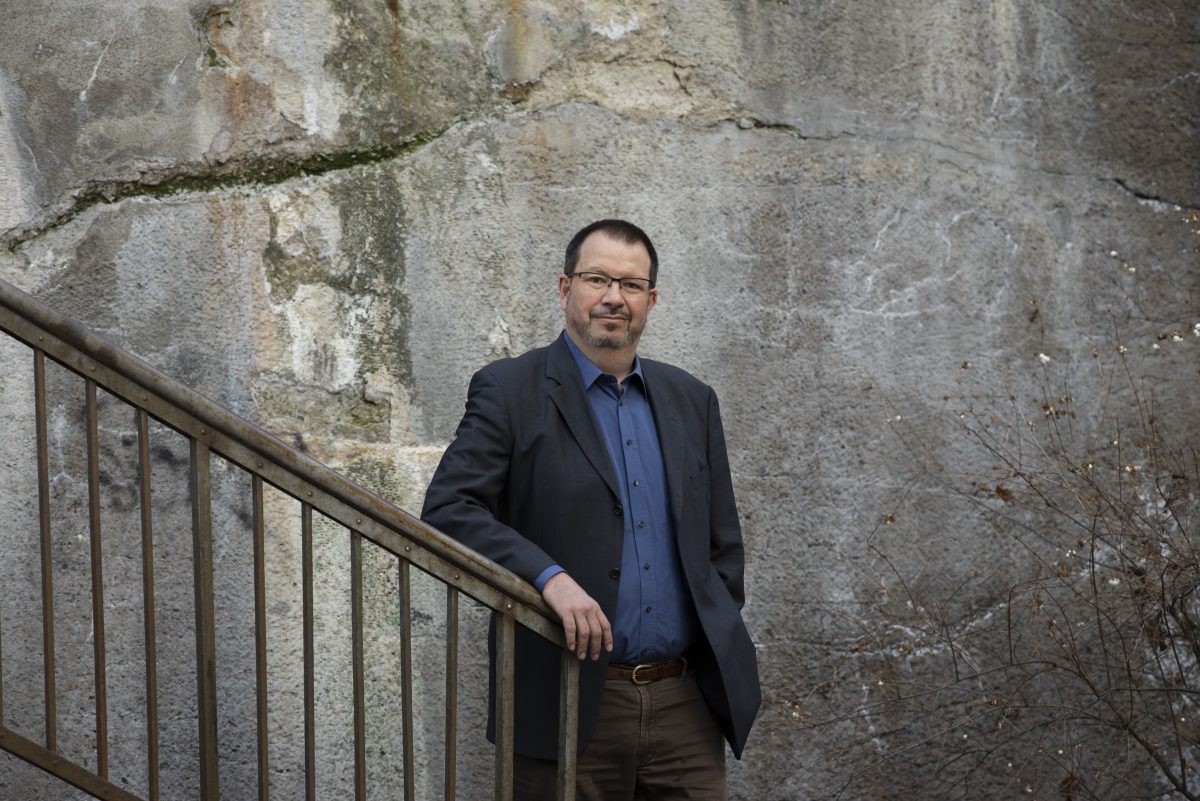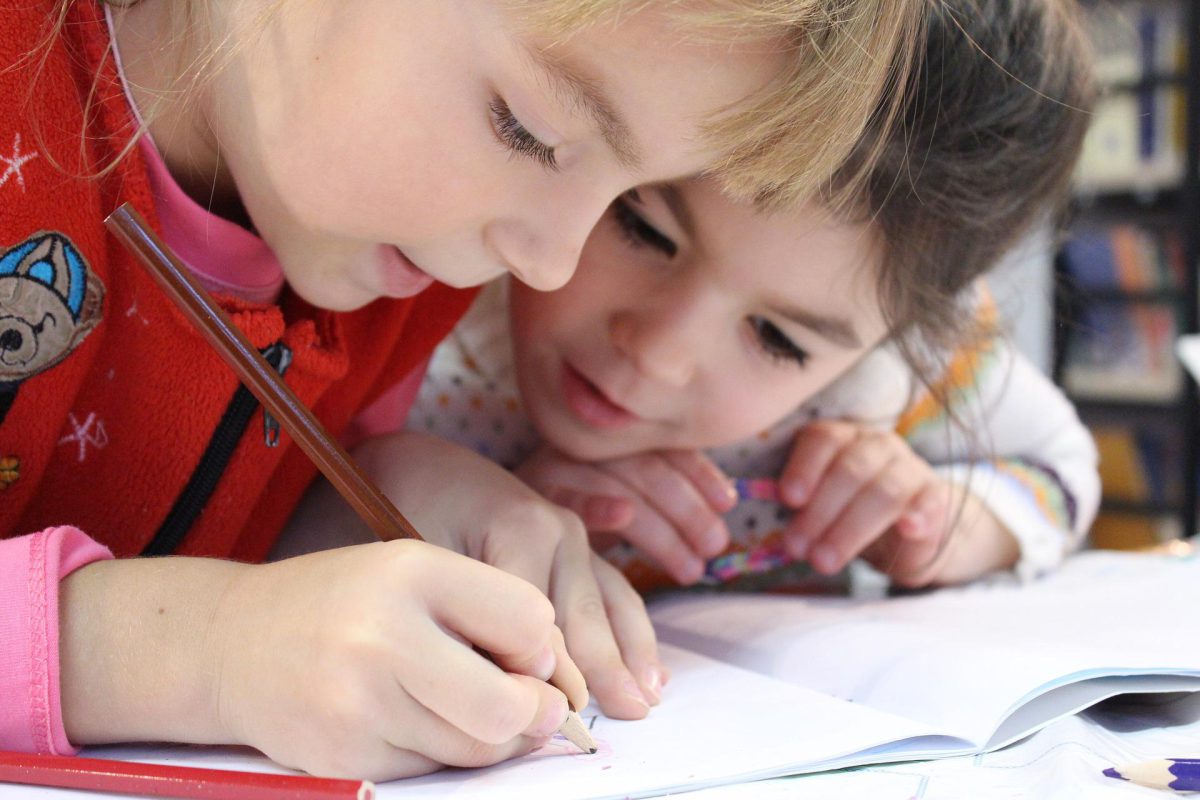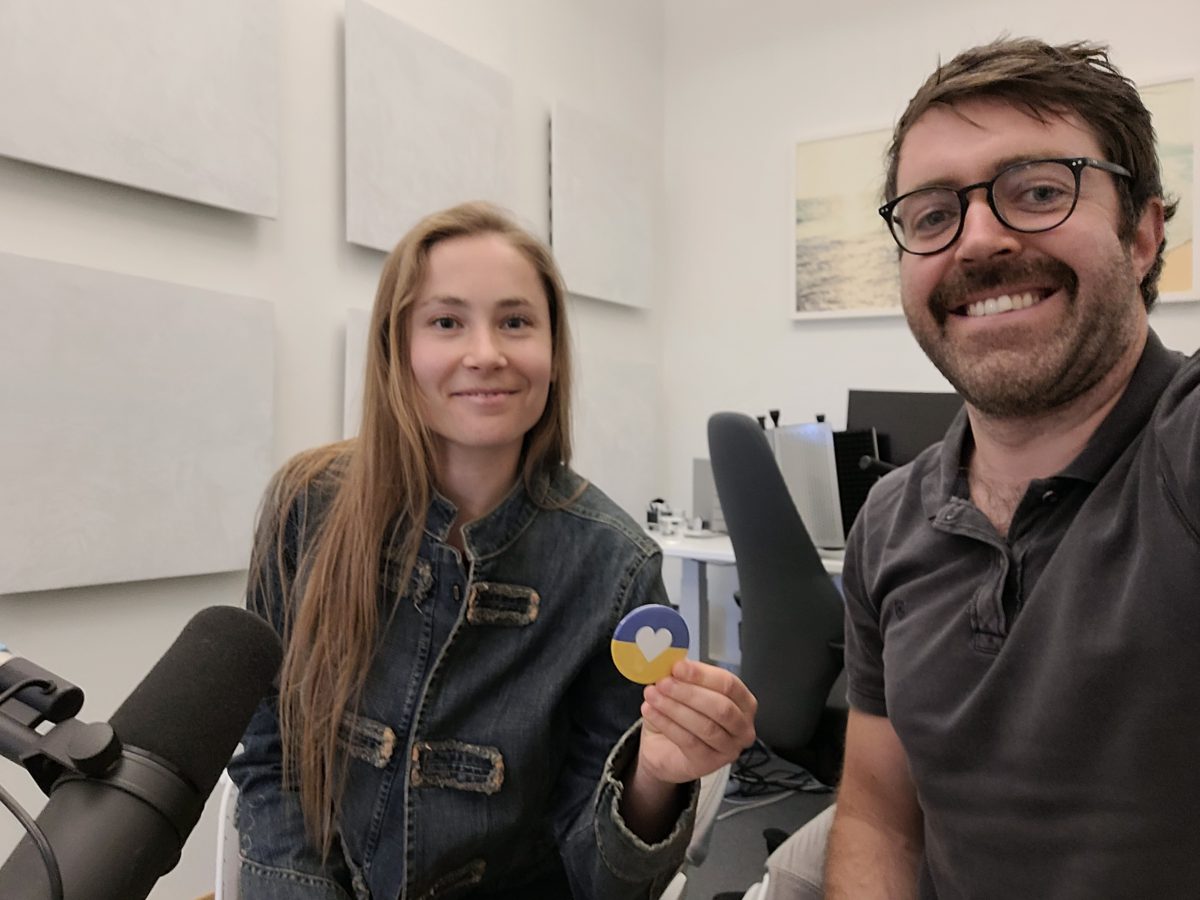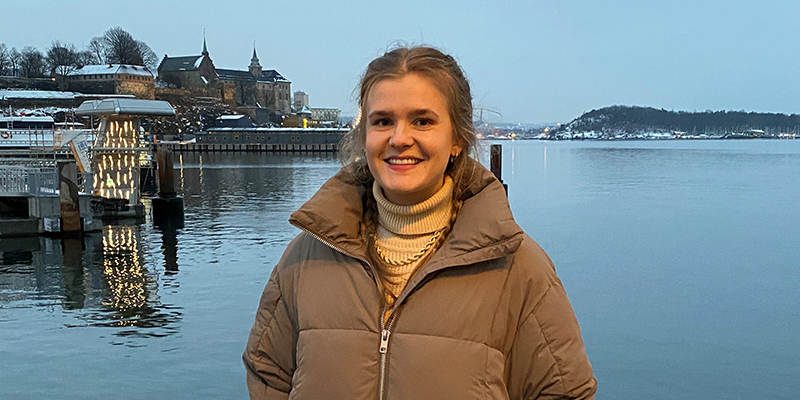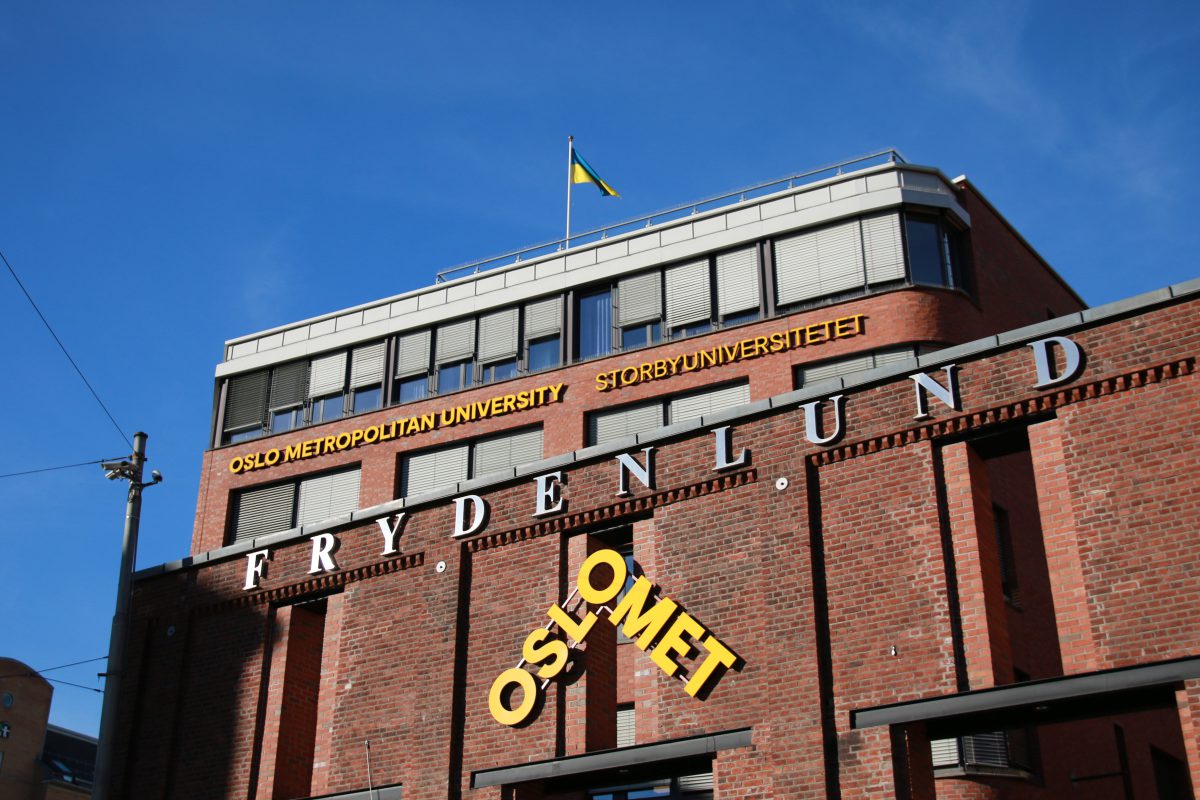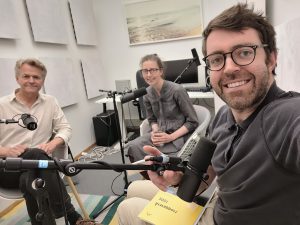Valg i Brasil
Podcast: Embed
Valgkampen så langt har vært nesten helt uten substans. Men konsekvensene av presidentvalget 30. oktober for Brasil, Latin-Amerika og verden vil være store.
Yuri Kasahara er statsviter og forsker på Brasil. Han kommer selv fra landet. I denne episoden deler Yuri sin analyse av hva som gjør Jair Bolsonaro populær, hvorfor Lula sannsynligvis går av med seieren i andre valgrunden likevel, og hva både valgkampen og fire år med Bolsonaro som president har vist om de politiske skillelinjene i landet.
